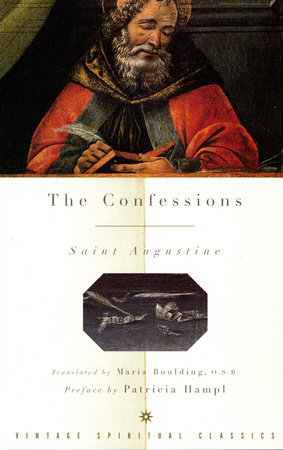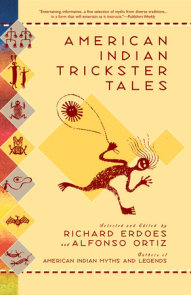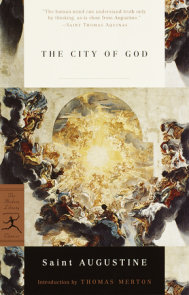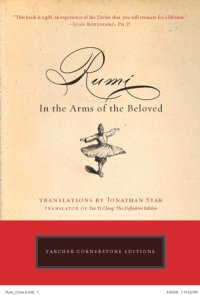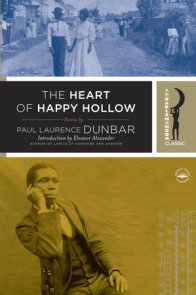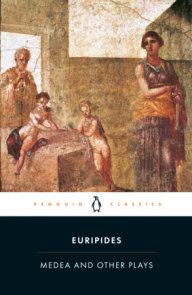READERS GUIDE
"God is our home but many of us have strayed from our native land. The venerable authors of these Spiritual Classics are expert guides–may we follow their directions home."–Archbishop Desmond TutuThe Vintage Spiritual Classics present the testimony of writers across the centuries who have pondered the mysterious ways, unfathomable mercies, and deep consolations afforded by God to those who call upon Him from out of the depths of their lives. These writers are our companions, even our champions, in a common effort to discern the meaning of God in personal experience.
The questions, discussion topics, and background information that follow are designed to enhance your group’s reading of the six works that make up the first series in Vintage Spiritual Classics. We hope they will provide you with a variety of ways of thinking and talking about these ancient and important texts.
We offer this word about the act of reading these spiritual classics. From the very earliest accounts of monastic practice–dating back to the fourth century–it is evident that a form of reading called lectio divina ("divine" or "spiritual" reading) was essential to any deliberate spiritual life. This kind of reading is quite different from that of scanning a text for useful facts and bits of information, or advancing along an exciting plot line to a climax in the action. It is, rather, a meditative approach, by which the reader seeks to taste and savor the beauty and truth of every phrase and passage. There are four steps in lectio divina: first, to read, next to meditate, then to rest in the sense of God’s nearness, and, ultimately, to resolve to govern one’s actions in the light of new understanding. This kind of reading is itself an act of prayer. And, indeed, it is in prayer that God manifests His Presence to us.
Introduction
Augustine has had the most enduring theological influence on Christianity in the West to the present day. The first true autobiography in Western literature, Confessions is a wondrously candid account by Augustine of his sins, errors, and moral failings and temptations. Here Augustine, Bishop of Hippo in North Africa, offers a probing, psychological, and spiritual examination of his conversion to a new life in God. It is his confession of faith and praise for all the good that God has done for him.Questions and Topics for Discussion
1. What is Augustine’s conception of the self? If you have read other autobiographies, can you remember a self-examination written with such acute awareness and observation of both external and internal conditions? How is Augustine’s intelligence particularly suited to the writing of both self-analysis and philosophy? What is Augustine’s understanding of the role of God in forming self and soul?
2. What are the turning points in Augustine’s conversion? How does he characterize his early theft of pears from the orchard? His relationship with his mistress and his child? Why is it so difficult for him to leave carnal desire behind? How important are the voice of the child singing "Take it and read" and the inspiration to pick up the Scriptures at that moment?
3. Many moments in Confessions are striking in their sheer dramatic or literary power. Which passages or event do you find most moving, and why?
4. Could Confessions have been written today? Does our culture support such serious, intensive, analysis of the self and the meaning of life? Or have psychotherapy and such phenomena taken the place of self-motivated searching like that engaged in by Augustine? What role does reading play in Augustine’s search?
5. Thomas Merton has commented on the role of spirituality in helping us to come into contact with our "deep selves." How important is the search for God in Augustine’s establishment of his true self? Do you think he would have achieved any sense of peace or satisfaction with his life had he not ultimately taken the path he did? How would you characterize the difference between a "deep self" and a "false self"?
6. What are the stages Augustine goes through in his effort to understand the nature of evil? What do you think of his final definition of evil as the absence of good? How do people become evil? Do you think evil has changed since Augustine’s time, or is the nature of human evil a constant throughout history?







